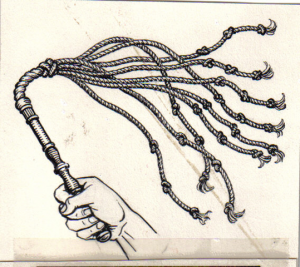(Continued from previous post)
In the movie, Easy Rider, two motorcycle buddies drive from California to New Orleans. Their path that goes right across the great state of Texas where I was born and raised. As crazy as Dennis Hopper was in his insistence of using real rednecks in the filming he refused to ride and film through Texas declaring it suicide and “just too damn crazy.” Instead they drove around and then filmed the critical diner scene in Louisiana. Here they found locals and simply prompted them to say whatever they were thinking. The locals did an excellent job and had no trouble coming up with slurs and insults to hurl at Hopper and Fonda while the tape rolled.
Five years before my birth, was it really that dangerous for someone with long hair to ride a motorcycle cross the state? A guy as insane and as baked as Dennis Hopper finds the thought of riding a motorcycle through Texas inconceivable? Wow. In the late eighties, growing up in small town Texas, I wanted nothing more than to have long hair (although I never wanted a motorcycle). I couldn’t believe how narrowly removed I had grown up from such radical hatred, fear and bigotry. Jasper, Texas wasn’t that far away.
I knew that Texans where mocked and reviled on the ski slopes of Colorado and that most people in general dubbed us as loud-mouthed rednecks. But that was all O.K. with me.
I can’t ski at all and I am at times a loud-mouthed redneck. (To my credit I drive a hybrid and listen to public radio too.) But now I had genuine concerns about being so intimately connected with Texas. My heritage suddenly felt much darker to me.
The night after watching the film I couldn’t sleep. I realized that it would be imperative for me to explore the roots of my redneck background more deeply. What did it mean, to me and to others, that I was a white, conservative, Christian, country-boy, redneck, granola from Texas? What sort of influences did growing up in a small town in Texas during the seventies and eighties have on me? How could I turn it all for the better? Eventually I fell asleep, but not before a seed had been planted.
Out of this seed grew the character of Joseph King, the protagonist in Gris-Gris Daughter. King moves from West Texas to East Texas in the summer of 1963 and takes over the pastorate of a Baptist church in a segregated town. Why? So I could inflict all my own doubts and uncertainties on him as an author, and see if he survives. I’m hoping he does.
